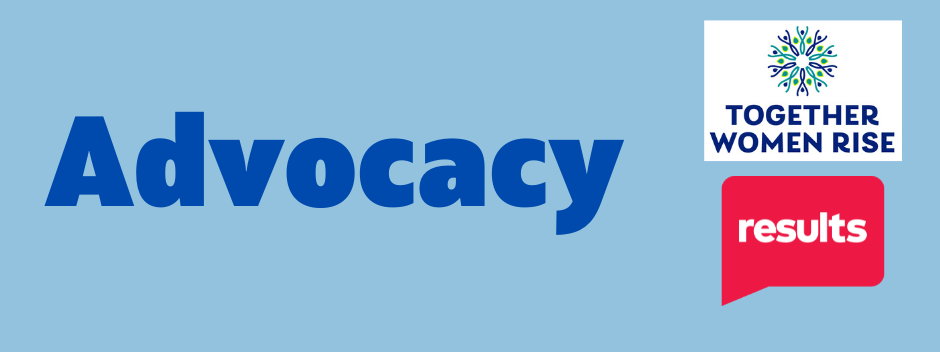
Advocacy Update: Help Pass the READ Act
For the past two months our Advocacy Group with RESULTS has been taking a deep dive on The READ Act Reauthorization (H.R.681, S.41), which supports basic education around the world with a focus on girls. This legislation focuses on enhanced strategies for the improvement of foundational literacy and numeracy, which are essential elements of a quality basic education. And we know that educating girls is one of the most important things we can do to advance gender equality!
In low- and middle-income countries, up to 70% of 10-year-olds are unable to read a simple text. The longer children remain out of school, the less likely they are to return, and the World Bank estimates that this generation of students will lose $17 trillion in lifetime earnings due to a lack of basic education. And quality primary education isn’t the only challenge. Around 200 million youth ages 12-17 are currently out of secondary school, and 80 percent of children in low-income countries lack access to preschool. But within these numbers, the harsh reality is that girls are the most severely impacted and the most likely to be left out of school or fail to return due to child marriage or pregnancy.
At our May webinar, we were honored to have Jennifer Rigg, the Executive Director of the Global Campaign for Education-US (GCE-US), as our speaker. She brought so much additional information and guidance on advocacy. You can watch the recording, see the slides, and learn more here. It was fascinating to learn the history and impact of The READ Act; the various organizations supporting global education, especially girls’ education; and the multiple interconnections of Rise grantees and GCE-US collaborating organizations.
The impact of educating girls is enormous, for themselves, their families, and society in general.
For example:
- In 2020, 5 million children under age 5 died of largely preventable causes, but children of mothers with 12 years of education are 30 percent less likely to die before age 5. (UNICEF, University of Washington School of Medicine)
- For each year of school completed, future wages increase an average of 10 percent. This impact is even greater for girls. On average, for a girl in a low-income country, each additional year of education will lead to up to 20 percent higher wages. (World Bank)
- Girls with no education are three times as likely to marry before age 18 as those with secondary education. (International Center for Research on Women)
- Here is an excellent and short video on educating girls from UNICEF: 10 Benefits to Educating Girls
Our Rise members are uniquely qualified and motivated to advocate for the passage of The READ Act. Accordingly, we have the opportunity to stand out within the RESULTS community as the ones who rallied to get this bipartisan bill co-sponsored and passed. You can easily join us to make this happen. We have power together and can collectively make change.
Here are some actions you can take today:
- Take this quick online action, asking your Representative and Senators to cosponsor the READ Act. (5 minutes to personalize and send)
- Send a letter directly to the offices of your Representative and Senators. Here’s a sample letter with instructions to do that. (5-10 minutes if you personalize and send)
- Feel free to reach out to me if you need any help: advocacy@togetherwomenrise.org.
Your actions on the READ ACT will help secure quality education and gender equity for girls worldwide. Help us pass the READ Act by September!
Our next Advocacy Webinar will be Tuesday, June 20th
at 8:30 pm EDT / 5:30 pm PT.
Sign up here to get the meeting link.
